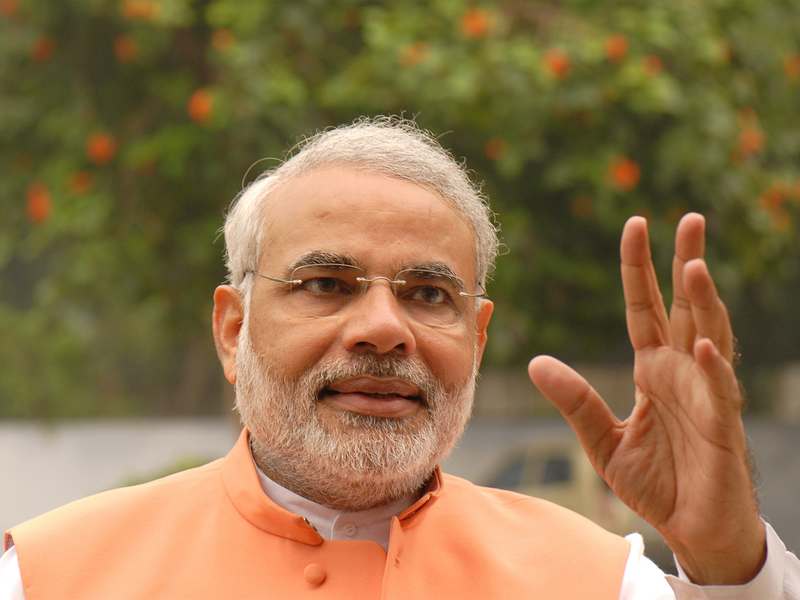
As I write this on the morning of September 8, 2015, Prime Minister Narendra Modi and his team are meeting the top businessmen of this country along with the governor of the Reserve Bank of India (RBI), Raghuram Rajan.
The press release put out by the Prime Minister’s office pointed out that “a wide-ranging discussion is expected on the impact of recent economic events, and how best India can take advantage of them.” For a meeting which is expected to last over two hours, this is as general an agenda as it can get. Since it chooses to address everything, it will end up addressing nothing.
As far as representatives of Indian business are concerned they have constantly blamed high interest rates for investment as well as economic growth not picking up. But the point is who is responsible for high interest rates? The conventional wisdom on this matter is that the Reserve Bank of India has not been reducing the repo rate, or the rate at which it lends to banks.
Only if it was as simple as that. The repo rate is at best an indicator of which way the interest rates are headed. At the end of the day banks need to decide the interest rates they charge on their loans. A major reason that has been stopping them from lowering interest rates is the massive amount of bad loans that have been accumulated over the years.
Take the case of the State Bank of India, it has a bad loan ratio of greater than 10%, when lending to corporates. This means for every Rs 100 that the bank lends to corporates, more than Rs 10 has turned into a bad loan.
A standard explanation for these defaults is that businesses have got hit during what are bad economic times and hence, are unable to repay the loans they had taken on. While that may be true in a large number of cases, it is not totally true.
As a recent report brought out by Ernst and Young and titled Unmasking India’s NPA issues – can the banking sector overcome this phase? points out: “While corporate borrower have repeatedly blamed the economic slowdown as the primary factor behind it[i.e. defaulting on bank loans], periodic independent audits on borrowers have revealed diversion of funds or wilful default leading to stress situations.”
The question is will Modi and his team crack the whip on these defaulters and ask them to pay up? From past evidence the answer is no. If they had to, they would have already done so by now. Hence, calling the corporates for a meeting and listening to the same old things all over again, is basically a sheer of waste of time.
Further, as far Modi is concerned he has a lot of explaining to do on the economic reform front, something he had promised during the course of the election campaign last year. During the course of the last year he has come up with slogans like Make in India, Digital India etc., with very little changing on the ground.
For businesses to make in India, different things like the ease of land acquisition and electric supply, need to improve. Many state electricity boards all over the country, continue to remain in a mess. Further, the inspector raj that small businesses face, needs to be unshackled. Labour laws which stop favouring the incumbents (i.e. the labour in the organised sector) need to be brought in. Very little seems to have happened on this front.
Further, the government hasn’t been able to push through a goods and services tax either, despite making a lot of noise on that front.
The basic point is that what was Modi’s strength has now become his weakness. During the course of the election campaign last year, Modi came across as a man of action—a man who got things done. The bar was set very high with slogans like “acche din aane waale hain”.
For acche din to come Modi needs to create jobs for the 13 million Indians who are entering the workforce every year. And for that to happen he needs to unshackle many things that are holding back the economy.
The ease of doing business has to improve, if India wants to take advantage of the current economic scenario where the Chinese economy is in doldrums. Just coming up with new slogans and meeting corporates regularly won’t help on that front.
The column appeared on Firstpost on Sep 8, 2015
(Vivek Kaul is the author of the Easy Money trilogy. He tweets @kaul_vivek)